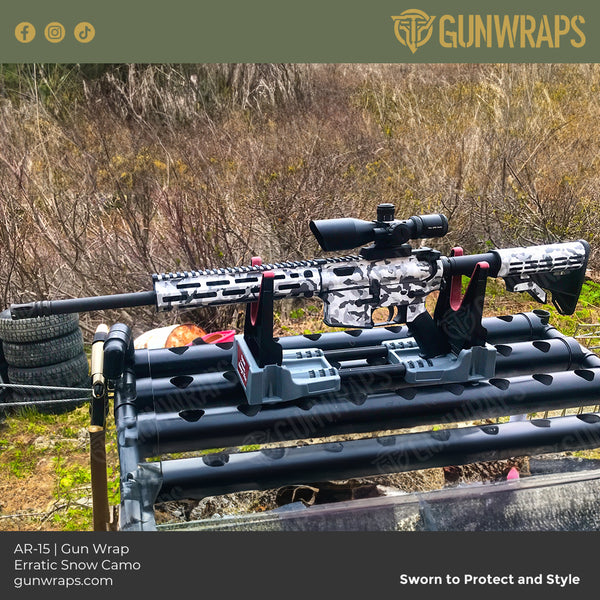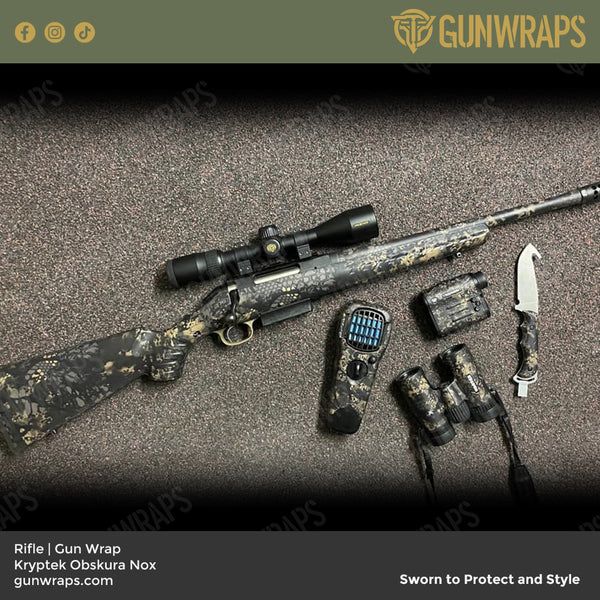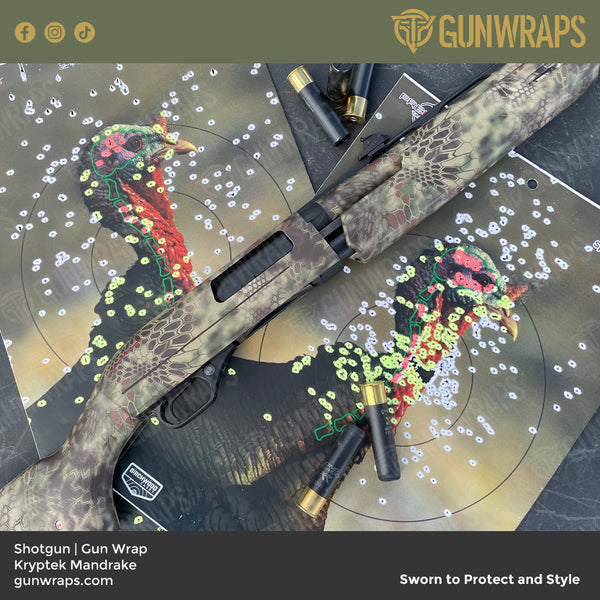Hutting has been a popular outdoor pastime for ages. Getting their meat or trophies entails hunting and stalking animals, including deer, elk, and wild boar. Both novice and seasoned hunters might find the excitement of the hunt to be an exhilarating experience. Hunting also enables people to connect with nature while feeding their families. Before going into the field, it's vital to understand these standard hunting tips and fundamental hunting techniques, including the benefits of training at a gun range to improve your shooting accuracy and confidence. By following some crucial principles and advice, beginners may guarantee a safe hunting experience.
Knowing Your Environment:
Becoming familiar with the surroundings and the game animals you are hunting is one of rookie hunters' most critical guidance points. Understanding the behaviors of the creatures you will be hunting is essential, and you can enhance this by researching the best hunting camo skins to remain unseen and effective in the field. Deer, for instance, wander around during dawn and dusk, although their movements might vary depending on the weather and other factors, like the season. This may be achieved by using topographical maps, scouting expeditions, and getting advice from experienced hunters.
Know Your Firearm:
Hunting safety, especially for beginners, depends on having a solid understanding of your rifle. Knowing the weapon, you intend to employ is crucial for safe and precise usage. Get a high-quality rifle from a dependable vendor and spend money on safety gear like earplugs and goggles, while considering the hunting ethics to respect wildlife and conservation practices. Understand the rifle's when shooting targets like small wildlife or big animals. Be careful to select the proper ammunition for your hunting trip, as it might significantly impact the gun's performance.
Before going into the field, practice using your rifle. This will teach you how to reload quickly and effectively and help you get used to the weight and recoil of your rifle. Target practice at different ranges and angles will also improve your accuracy while making shots in actual situations.
Also, buying a gun sling or case for your firearm is something you should think about doing as it will allow you to carry it comfortably and safely in the field without putting too much pressure on your body or back muscles. Also, choosing the right binoculars and scopes, as suggested in this guide on choosing the right binoculars and scopes, can significantly improve your field of vision while shooting at a distance. Such qualities help stalk distant like deer. Another element of safe hunting techniques is routine weapon maintenance and cleaning, as dirt accumulation can result in malfunctions that, if unchecked, might result in severe damage or death.
Use the Correct Type of Firearm:
One should always have a hunting-appropriate rifle and take essential safety precautions such as donning blazing orange or neon clothes when necessary.
Having Enough Food & Water:
To hunt successfully and safely, you must have access to adequate food and water. It will fuel the hunter, allowing them to stay active and alert in the field and help them avoid dangerous situations. Be sure to have plenty of high-energy foods, such as jerky, trail mix, and energy bars.
Wear Bright Colors:
Hunting is best done when wearing bright colors, especially for novices. Bright clothing makes hunters more apparent to other hunters. It helps them stand out in the field, which is essential for hunting safety. Vibrant colors also make hunters more visible to animals and help them perceive them as non-threatening, which lowers the risk of spooking.
Know The Hunting Regulations:
Respect private property lines or laws governing public lands, follow local hunting laws, correctly tag any harvested animal, and engage in ethical hunting. This involves being aware of the legal restrictions on the number of animals that may be taken from a particular region, using the proper ammunition, and, wherever possible, ensuring that shots are clear and direct with little to no suffering.
Don't Smell:
Deer have highly sensitive senses that enable them to detect danger from great distances, making deer hunting challenging. One of the most important pieces of hunting advice for beginners is to watch out for generating odors that deer may detect to avoid revealing your location. It is preferable to use particular odor-neutral soaps and detergents for shooting deer because deer have a keen sense of smell.
Remain Quiet:
Keep as quiet as possible when in the field. While hunting deer, this may be exceedingly difficult because they have excellent hearing and can readily pick up on even the slightest disturbance. Hunters should try to remain silent when hunting by wearing clothing without loud adornments, such as buttons or zippers, to minimize frightening off deer before they get near enough to take a shot. Avoid treading on logs and crunching leaves when strolling through the woods to make as little noise as possible. Instead, take it easy and gently as you go down the ground to prevent waking up surrounding animals.
Find The Right Spot:
Successful hunting requires placing your stand correctly. Choosing the ideal location enables hunters to approach their prey while avoiding discovery. Obtaining an aerial map of one's hunting grounds will help a hunter locate features like ridges, saddles, and water sources, and learn about the best hunting spots to strategize their placement. The field edges are a nice location. To catch deer coming in from the corners of fields where they feed, set up your stand on a tree a bit off the corner.
Get That Clear Shot:
Look for places with high visibility and few obstacles that might hinder your target's line of sight when choosing a shooting location. To predict the motions of the animals in your area of vision, you also need to think about any possible escape routes for them.
Go Out With A Experienced Hunter For the First Time:
Going out with a seasoned hunting mentor or an experienced hunter is strongly advised for first-time hunters. Beginners can become more at ease in their surroundings and improve their chances of success by having someone familiar with the terrain and understanding how to travel through it silently and safely. While offering, the seasoned hunter may also provide additional expert hunting tips.
Use GunWraps for Camouflage Firearms!
An often overlooked yet crucial tip for beginners is to consider enhancing your firearm for practicality and camouflage. Utilizing services like those offered by GunWraps.com can significantly boost your success rate while hunting. By wrapping your firearm in a camo gun skin pattern, you enhance its appearance and increase its functionality by blending seamlessly into your hunting environment, giving you that extra edge in staying concealed while stalking your prey. Moreover, these wraps provide an additional benefit of a better grip on your firearm, ensuring a firm hold and stability, which is vital for achieving precise shots. Don't overlook this simple upgrade; it could very well be the key to your successful and fulfilling hunting expedition.
Happy Hunting!
Hunting is a satisfying hobby that calls for expertise. Beginners should know these standard hunting tips and the safety procedures, including handling and maintaining firearms safely, dressing to minimize background noise, and choosing a good shooting location with good visibility. Also, having an experienced guide or hunter with you on your first hunt may help you learn how to travel through nature silently and securely. You'll be better prepared to enjoy the sport properly and improve your chances of success using these beginner's suggestions!




